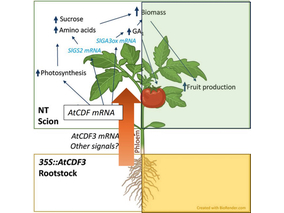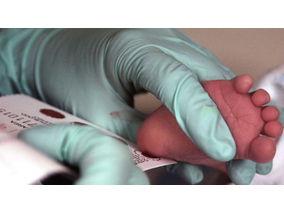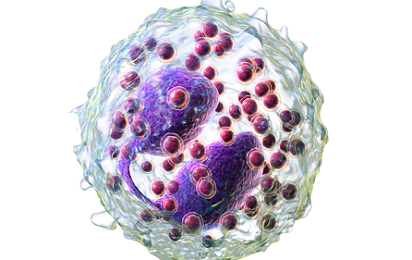The Foundation for Prader Willi Research (FPWR) has provided a new venture philanthropy award, in the form of a convertible loan, to Palobiofarma S.L., a Spanish biopharmaceutical company focused on developing innovative treatments for serious diseases. Palobiofarma has a robust pipeline of promising drug candidates that are currently undergoing clinical development for a range of diseases, including cancer, respiratory, and metabolic disorders supported by an experienced team.
FPWR’s philanthropic investment will be used to partially fund Palobiofarma’s ongoing Phase 2 clinical trial to develop PBF-999 for the treatment of Prader Willi syndrome (PWS). PBF-999 is a phosphodiesterase 10 inhibitor that has been evaluated in three previous clinical studies. Observations of an appetite-reducing effect have led Palobiofarma to design a clinical study to test this compound in adults with PWS to evaluate safety and efficacy in the reduction of hyperphagia (excessive hunger). The clinical study is being conducted in the University Hospital Parc Taulí in Sabadell, Spain under the leadership of Dra. Assumpta Caixàs.
“We are excited to receive this funding from FPWR, which will enable us to continue our mission of developing a treatment to help patients with PWS,” said Dr. Julio Castro, CEO of Palobiofarma.
“Effective treatments for PWS hyperphagia are sorely needed and we are pleased to support Palobiofarma’s efforts on this front,” said Susan Hedstrom, Executive Director of the Foundation for Prader-Willi Research.
The Foundation for Prader-Willi Research is a 501(c)(3) non-profit organization dedicated to eliminating the challenges of Prader-Willi syndrome through the advancement of research and therapeutic development. By providing funding and resources to companies like Palobiofarma, FPWR is helping to develop new treatments for people with PWS.

El equipo de investigadores observó cambios en el...

El gen AtCDF3 promueve una mayor producción de az...

Un estudio con datos de los últimos 35 años, ind...

En nuestro post hablamos sobre este interesante tipo de célula del si...

La revista ‘Nature Protocols’ selecciona esta técnica como “pro...
Portal de biotecnología en España
¡Suscríbase a nuestro newsletter para estar al día con las últimas noticias y ofertas!
2013 © Biotech-Spain.com - Site Developments SL. Todos los derechos reservados. Terminos y Condiciones | Política de Privacidad
Articles
Directory
